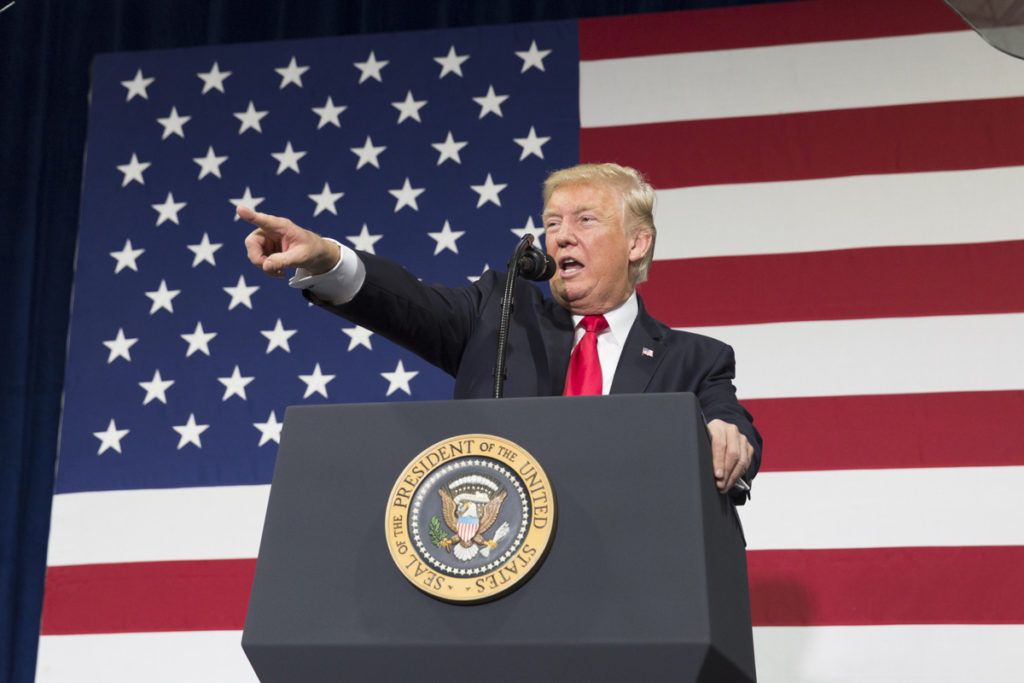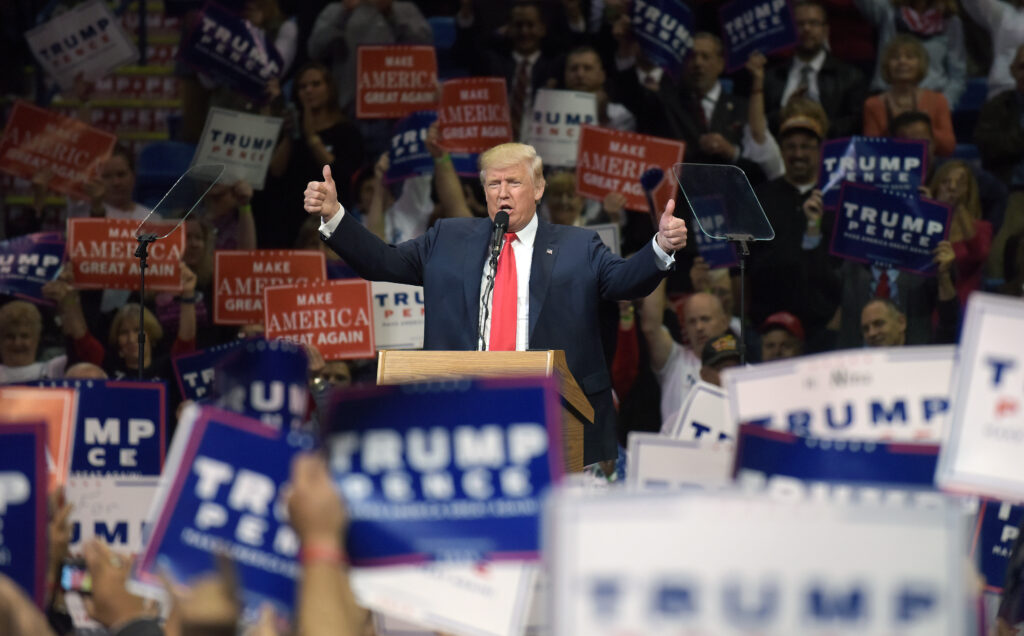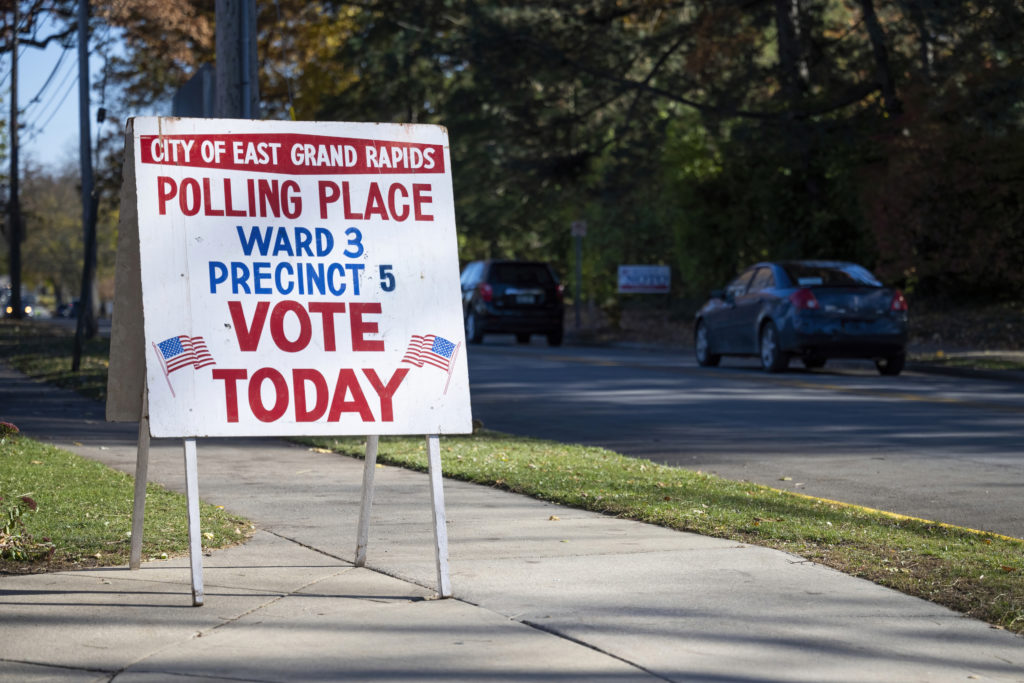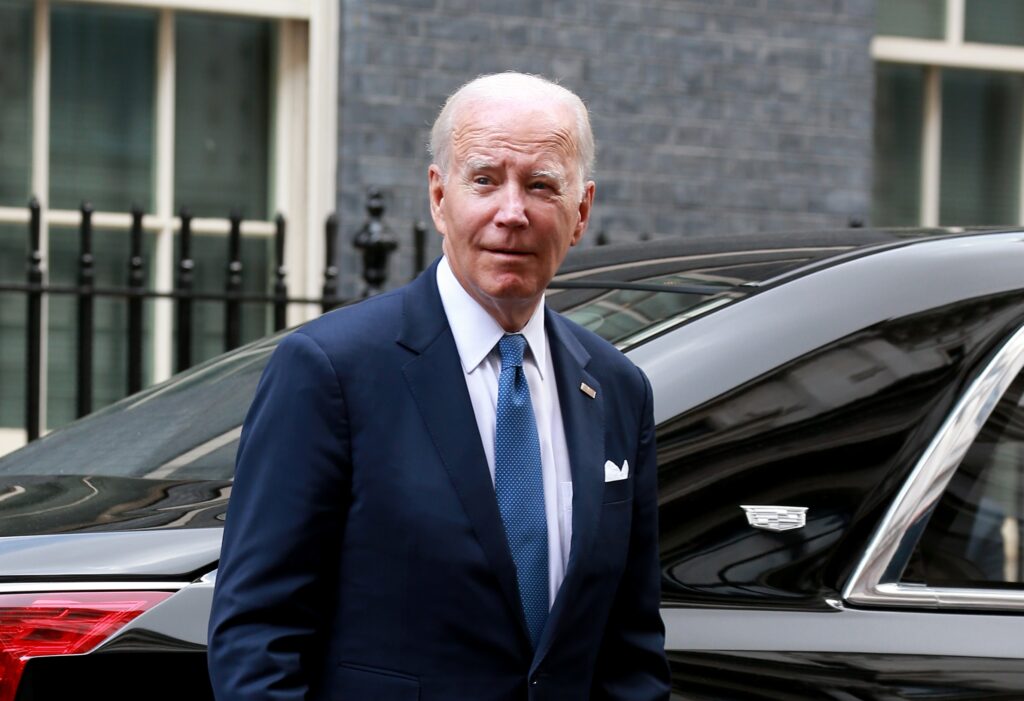Martin Shkreli, the fresh-faced founder of Turing Pharmaceuticals, recently snatched up the rights to Daraprim, a 62-year-old generic drug used to treat malaria, toxoplasmosis, and symptoms of AIDS. He then raised the price from $13.50 to $750 per dose, because he could. Shkreli’s shameless gambit has been met with outrage. Shkreli has tried to justify this banditry—not that many people pay for prescriptions of the drug anyway; the profits will finance a newer, better version—but no one is biting. It’s clear enough that this resourceful young man is a morally rudderless scoundrel.
But that’s just capitalism, right? Shkreli’s seems to thinks so.
“There’s no doubt … I’m a capitalist,” he said in an interview with CBS. “I’m trying to create a big drug company, a successful drug company, a profitable drug company. We’re trying to flourish.”
This sort of capitalism is a godsend to capitalism’s opponents. This meme, alleging that capitalism rewards sociopaths, basically sums up the reaction in my social media feeds, which are heavy with left-leaning academics:
Shkreli is a gift to less ideologically zealous liberals as well. Dan Diamond of Vox, who favors heavier government regulation of drug prices, says Shkreli is a “national hero” because, “[w]e don’t get health reform without a catalyzing moment like this.” Hillary Clinton, the Democratic presidential frontrunner, bounced off the springboard of Martin Shkreli’s avarice proposing a new rule that would cap the monthly out-of-pocket cost of prescription drugs to $250 for Americans with serious conditions.
There’s no point denying that Shkreli is a sort of capitalist practicing capitalism as it actually exists in the United States. All market institutions are built around a political superstructure of law and regulation. The problem is that American pharmaceutical markets are so badly regulated that normal market mechanisms can’t function, creating opportunities for knaves.
Daraprim is a generic, which means that the patent on the drug—a government-granted monopoly meant to encourage innovation—has expired and the relevant chemical structure (it’s called “pyrimethamine”) is in the public domain. Anyone could in principle come to market with a pyrimethamine drug identical to Daraprim. So what is it that Shkreli bought when he spent $55 million for the right to sell Daraprim? Easy question. He bought Daraprim’s Food and Drug Administration (FDA) approval. But why is that so valuable?
Bringing a copy of Daraprim to market would require filing an Abbreviated New Drug Approval with the FDA. The new formulation would be tested to make sure it’s really the same, and as safe, as the previously approved generic. The FDA is notoriously slow and the process is expensive. Probably not $55 million expensive, however. Shkreli was willing to pay such a huge sum because he could see that no Daraprim copies were in the regulatory pipeline, meaning that, for a time, he would have a monopoly and could reap monopoly profits by callously demanding exorbitant prices from patients who have no alternative to the drug. The scandal of Martin Shkreli’s profiteering tells us very little about capitalism, per se, but it does tell us a lot about the perverse market incentives that overzealous regulation can create.
“It’s easy to see that this issue is almost entirely about the difficulty of obtaining generic drug approval in the United States,” writes Alex Tabarrok, an economist at George Mason University who specializes in the political economy of drug approval. “[T]here are many suppliers in India and prices are incredibly cheap. The prices in this list are in India rupees. 7 rupees is about 10 cents so the list is telling us that a single pill costs about 5 cents in India compared to $750 in the United States!”
But $.05 Indian pills aren’t a problem for Shkreli’s bottom line because it’s illegal to sell imported generic versions of the drug that have not been independently approved by the FDA. Some of these generic brands have been blessed by European countries with perfectly sane and safe drug approval processes, but the U.S. won’t recognize foreign vetting, and insists on wasting resources, time, and lives with redundant oversight. On the global market, a dose of generic pyrimethamine costs a few pennies. If “capitalism” is a system of competitive markets in which prices adjust with supply and demand, then it definitely wasn’t capitalism, in that sense, that led Shkreli to charge $750 for something that costs pocket change on a free market. The culprit is a regulation—a restriction on capitalist acts between consenting adults—that makes it illegal for Americans to buy well-tested, imported generics on the open market. Shkreli’s cashing in precisely because the American pharmaceutical market is so far from free.
Gaming the regulatory system for profit is not unusual. What’s less well-recognized is that so-called “rent-seeking“—the pursuit of economic gain through primarily political means, more or less—is one of the main engines of growing economic inequality.
In an important new essay in National Affairs, Steven Teles, a political scientist at Johns Hopkins, points out that a fair number of the top 1% of earners owe a sizable part of their incomes to regulatory barriers to entry. Doctors, dentists, and lawyers all profit from licensing schemes that limit competition. Car-dealerships are, more or less, politically-granted concessions protected from competition. Government contractors and consulting firms that specialize in regulatory compliance reap outsized gains from heavily politicized markets. “[R]ents are pervasive in the fields of finance, entertainment, and technology,” Teles observes. Disney’s successful political efforts to keep Mickey Mouse out of the public domain are infamous. The titanic fortunes of tech billionaires such as Bill Gates and Mark Zuckerberg depend on legal definitions of intellectual property rights that may hamper innovation as much as they incentivize it. There are companies that do nothing but hoard pre-existing tech patents and then sue everyone who comes a country mile of infringing on one of them. Martin Shkreli’s Turing Pharmaceuticals is in a similar line of business. Just buy up little state-sanctioned monopolies then make a mint destroying rather than creating economic value.
Anyway, if Teles is right, regulation-loving progressives will need to reconcile themselves to the fact that the economic inequality and injustice they deplore may be driven in no small measure by regulations they might otherwise favor. This suggests that fighting inequality requires more than taxing America’s Martin Shkrelis more heavily—though it may require that, too. Pushing for a more equitable economy also means pushing for reforms like ending the ban on the importation of prescription drugs that have been deemed safe by, say, Canada or Germany. Which is to say, well-targeted “deregulation” is the egalitarian’s friend.
It may be true that we can’t risk unfettered markets on which anything can be bought or sold without government oversight of health and safety. But it’s incredibly important to recognize that Martin Shkreli’s brazen legal fleecing would be impossible in an unfettered market. He bought himself a monopoly made entirely of health-and-safety red tape. This profit-seeking ploy is outrageous for all the reasons everyone is already outraged at Martin Shkreli. It’s exploitative. It’s heartless. It hurts vulnerable people, producing nothing of value in return. But we ought to be outraged also because Shrkeli’s racket is a straightforward consequence of stupid over-regulation and symptomatic of the way badly fettered markets generate injustice.






